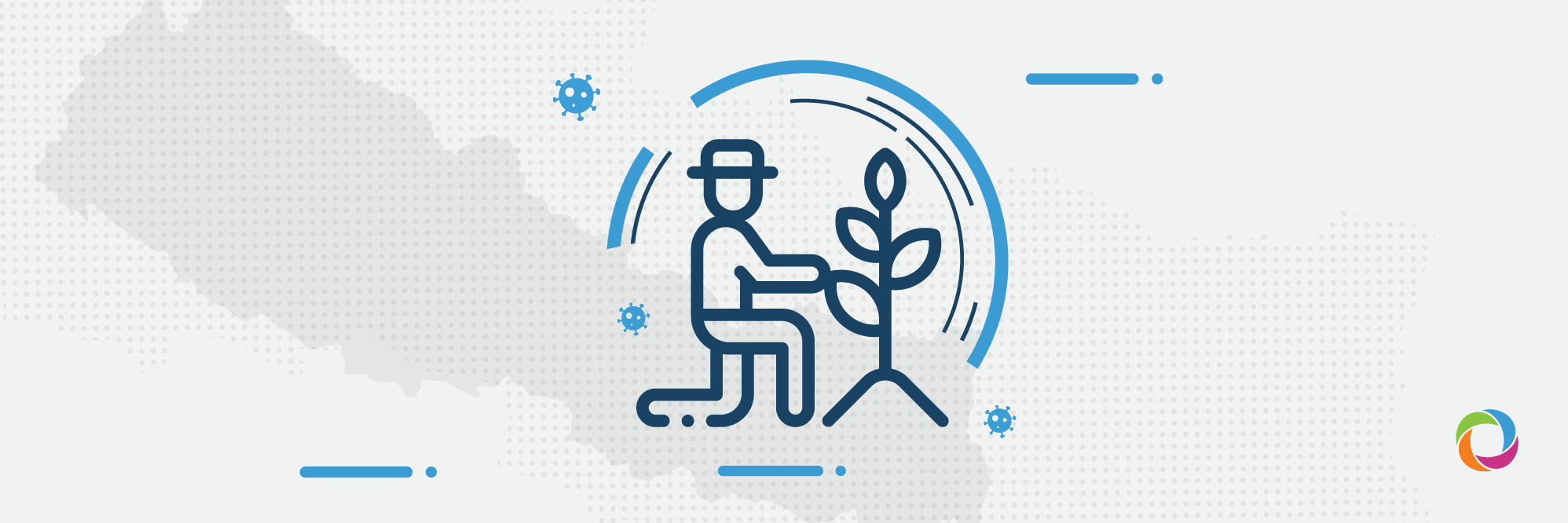Recognizing the need for investment to protect lives and secure jobs and livelihoods as an immediate priority, on December 11th the Government of Nepal and its Development Partners (DPs) agreed to support Nepal’s Relief, Recovery and Resilience Plan to enable a green, resilient and sustainable recovery from the COVID-19 pandemic. The DPs associating themselves with this agreement are ADB, EU, Finland, France, Germany, INGOs, JICA, KOICA, Norway SDC, the UK, the United Nations, USAID, and the World Bank.
Welcoming the joint development partner approach to support green recovery from the COVID -19 pandemic, Bishwa Nath Oli, Secretary at the Ministry of Forestry and Environment of Nepal, said, ”This is well aligned with Nepal’s 15th development plan and it is also very timely as the Prime Minister of Nepal will announce Nepal’s climate ambition at the Global COP 26 Ambition Summit today.”
Confirming that Nepal’s DPs are ready to work with the Government on a green recovery that benefits all, Roland Schaefer, German Ambassador to Nepal, and Faris Hadad- Zervos, World Bank Country Director for Nepal and International DPs’ Group Chairs, said: “Nepal’s DPs wish to align their support for Nepal’s green recovery from the COVID-19 pandemic to create jobs, stimulate inclusive growth and support local, provincial and federal governments to get Nepal back on track to achieve middle-income status by 2030.”
“As holders of the UN Climate Presidency and hosts for the Climate COP 26 next year, the UK is greatly impressed by Nepal’s climate leadership and ambition in its recently approved Nationally Determined Contributors (NDC),” said Lisa Honan, the UK Government’s Asia Climate Envoy. “It is only by working together that we can tackle the COVID-19 and climate crises and build resilience, create sustainable jobs and stimulate the green growth that Nepal needs to bounce back greener,” she added.
The preliminary estimates of the scale of development partner support required for immediate COVID-19 recovery needs is calculated at US$840 million which includes direct healthcare and vaccine access and support for livelihoods and vulnerable groups. Similarly, the four areas of green recovery are initially estimated to require up to US$ 6.6 billion to achieve and include:
- Nature-based solutions for growth and job creation in agriculture, forestry and biodiversity and water management, and tackling the impacts of climate change in the Himalayas.
- Green and resilient infrastructure, urban development, and pollution management that together create jobs and protect human health.
- Increasing resilience to future shocks such as health, climate, and earthquake risks by strengthening health, social protection, education, and disaster management systems.
- Stimulating private sector recovery and increasing green investment and job creation in finance, tourism, clean energy, waste management, forestry, and agriculture.
The joint green recovery package includes both grant and loan support for the initial response to COVID-19 as well as already approved, pipeline, and forthcoming projects that support green recovery in Nepal. Based on Nepal’s 15th Development Plan, climate ambitions, and the shared principles for green recovery, the package aims to support the Government’s plans and sector strategies and to ensure the green recovery is inclusive, promotes citizen engagement and the critical role of women and civil society in Nepal’s development. It also aims to support the mandates of Nepal’s local, provincial, and federal governments and to recognize the role of international cooperation and investment in Nepal’s green recovery.

